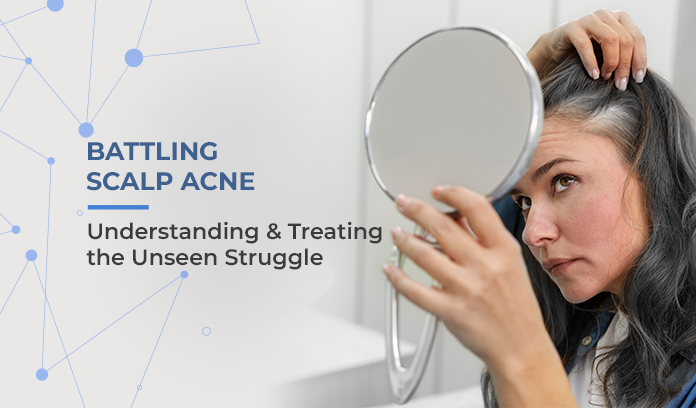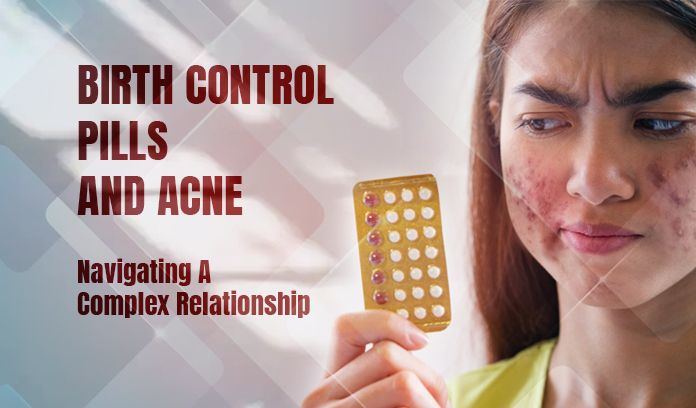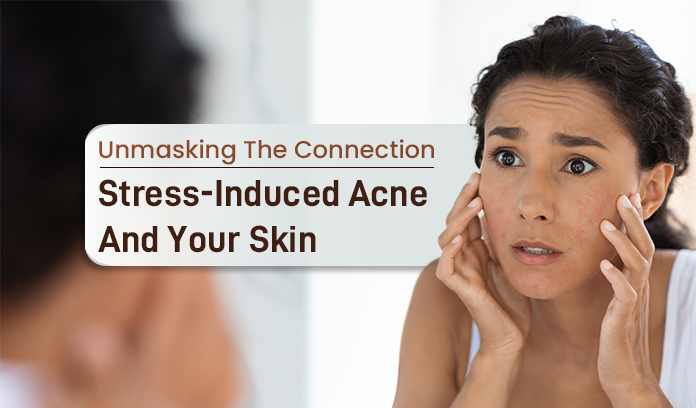As an often overlooked or underestimated skin condition, scalp acne affects many of us. While it may not be as widely discussed or visible as facial acne, it can be equally distressing for those affected.
To help those affected gain a comprehensive understanding of scalp acne condition, this blog shares the causes, symptoms, and treatment remedies for the same.
Understanding Acne on Scalp
Scalp folliculitis occurs when excess oil, dead skin cells, and bacterial growth clogs hair follicles, leading to acne breakouts.
Symptoms of scalp acne include inflammation, itching, red bumps, and tenderness. Hair loss is also witnessed in severe cases of scalp acne.
Factors such as poor hygiene, excess sebum production, and certain harsh haircare products also contribute to scalp acne development.
Scalp Acne Treatment options
- Avoiding harsh hair products:
Since scalp acne is primarily caused by clogged hair follicles and inflammation, avoid the use of oily or comedogenic harsh haircare products.
Minimize pore-clogging ingredients that exacerbate scalp acne.
- Maintaining good hygiene:
A gentle, ph-balanced shampoo clears the scalp of any remaining product buildup, dirt, and excess oil.
A scalp that can breathe will be less prone to itchy acne breakouts.
- Medications:
Over-the-counter treatments like benzoyl peroxide and salicylic acid help destroy bacterial growth or inflammation.
Tea tree oil is also said to be beneficial for inflamed scalp skin due to its anti-inflammatory properties to soothe and heal irritated skin.
However, for severe cases, dermatologists might prescribe a stronger antibiotic or topical treatment to target acne-causing bacteria.
- Lifestyle modifications:
Adopting a nutritious, balanced diet, avoiding excessive humidity and heat, and stress management can contribute to overall scalp health and quality.
Prevention and self-care
Preventing scalp acne breakouts involves maintaining a relatively clean and healthy scalp environment.
Do not unnecessarily pick or scratch your scalp as it may worsen inflammation and itchiness.
Additionally, protect your scalp from excessive dirt buildup and prolonged sun exposure in humid conditions.
Wearing breathable quality hats or scarves in heat can also help prevent excess sweat or dirt buildup.
Conclusion
By understanding the causes and symptoms of scalp acne, people can take proactive measures to treat inflammation and heal acne marks.











